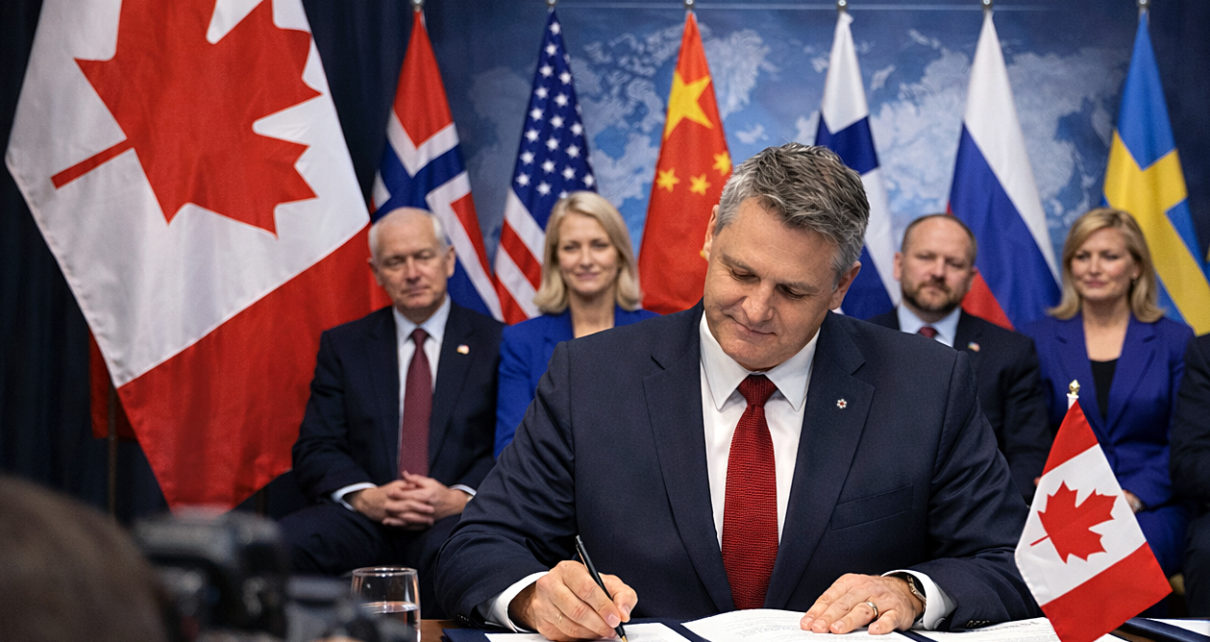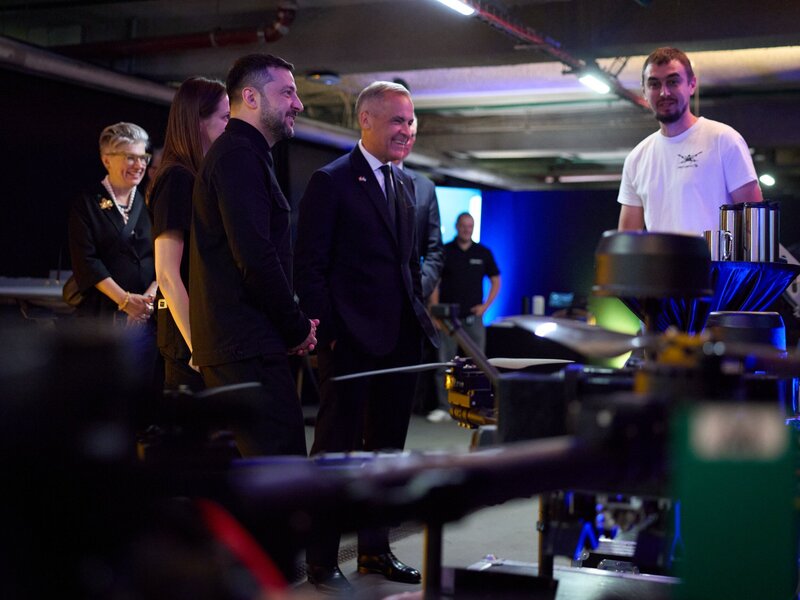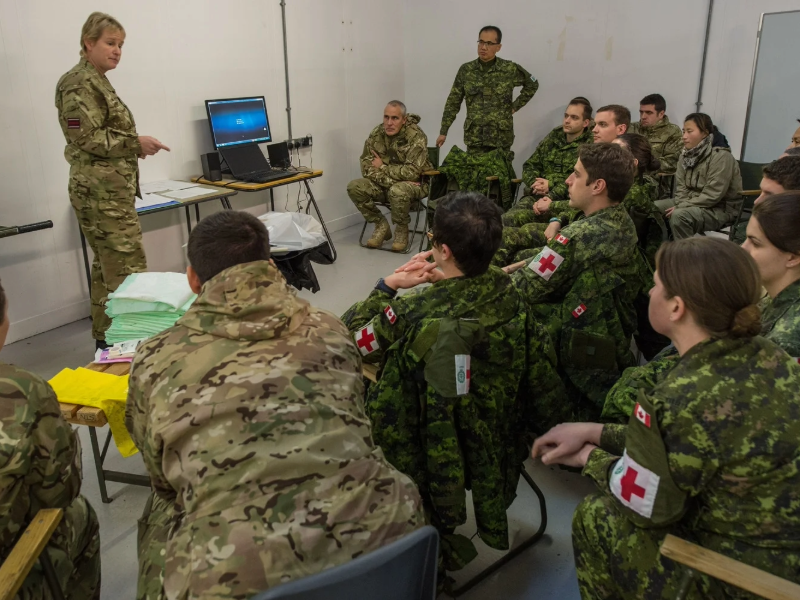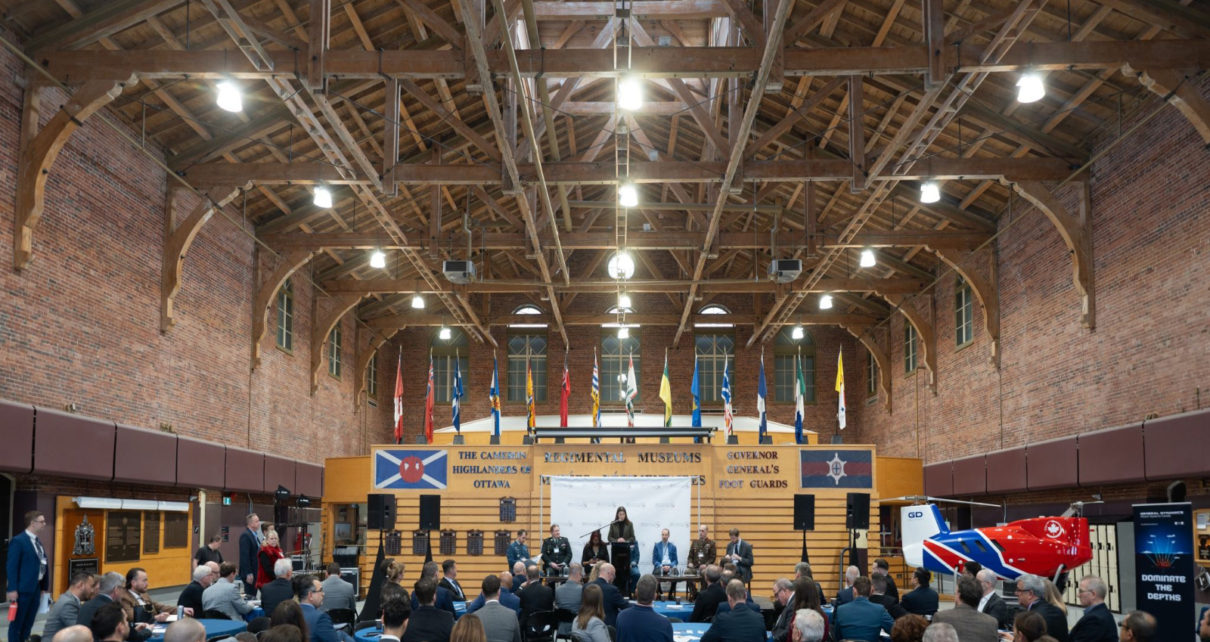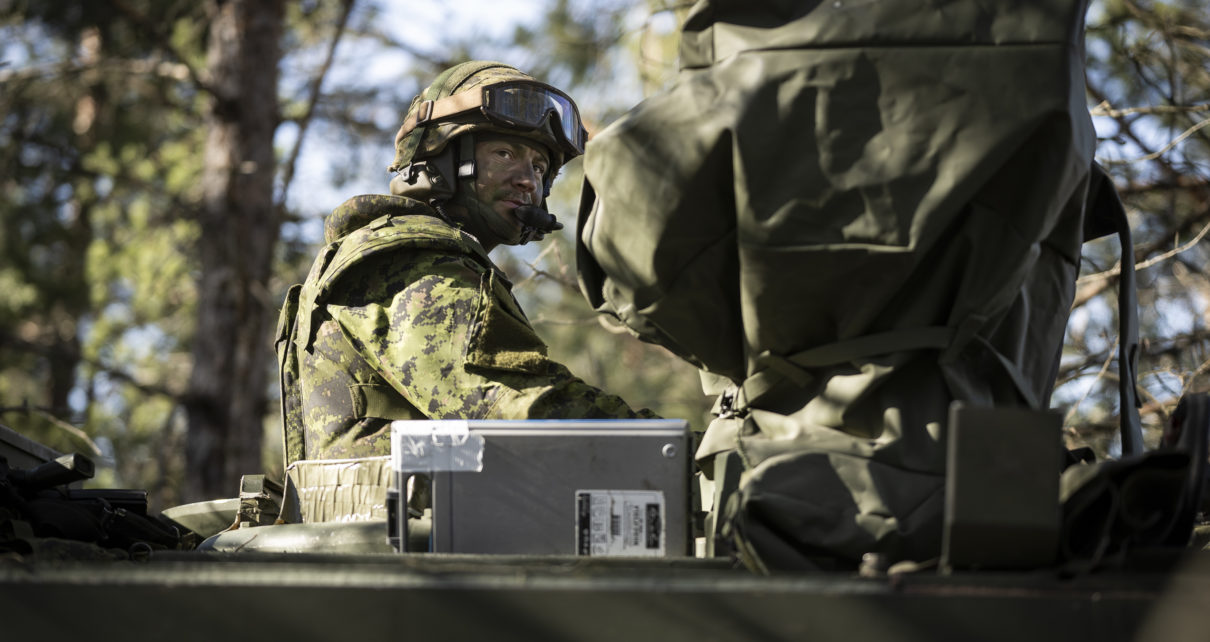*This is the fifth instalment of a six-part series. From a legal perspective, Canada’s ability to assert its sovereignty and security in the Arctic is hindered by the United Nations Convention on Law of the Sea (UNCLOS) and the Polar Code. Notably, while UNCLOS and the Polar Code respectively attempt to create a “standard framework Read More…
Tag: Canada
Special Report: In All of Us Command: Rethinking Conscription Through a Gender-Inclusive Lens
How could gender-inclusive national service shape Canada’s future defence posture? This article examines the growing debate around universal service in Canada, assesses its implications for Women, Peace and Security commitments under NATO, and draws lessons from Nordic models to consider whether compulsory service could strengthen societal resilience and women’s meaningful participation in defence.
Canada’s Military Assistance to Ukraine in 2025: Key Trends
In 2025, with the start of Donald Trump’s second U.S. presidential term, Ukraine faced a dramatic shift in the American position on providing it with direct military support. The United States — previously Ukraine’s main supplier of military equipment, covering roughly 30% of Ukraine’s defence needs — has now completed the delivery of aid packages approved under Read More…
Special Report: The Case for Canada to Become an Allied Energy Superpower
Introduction The 2022 Russian invasion of Ukraine has forced NATO to acknowledge the weaponization of energy. Electric grid coercion, gas cut-offs and cyber-intrusions into critical energy infrastructure and pipeline flow manipulation all represent core structural vulnerabilities of the European security architecture. NATO has responded by moving energy security from the periphery of its security planning Read More…
How NATO’s Innovation Lift Could Reshape Canada’s R&D System
Innovation as strategic capital NATO members are placing increasing emphasis on science, technology and industrial capability as part of collective defence. The recent commitment by allies to move toward defence spending of 5% of GDP, including higher levels of research, development and industrial investment, reflects a recognition that technological advantage affects deterrence, economic resilience and the ability to operate in contested environments. This shift Read More…
Special Report – Rural Exclusion and Right-Wing Politics: A Comparative Study of Germany and Canada
To understand the political realities of Canada and Germany today, one must begin with a map. In both countries, polarization takes shape not just in rhetoric but in the growing distance between city skylines and rural streets. Politics has been reorganized by a new geography of power, with cities now concentrating population, investment, and cultural Read More…
On the Ground and in the Air: Canada’s Defining Role in NATO’s Military Healthcare
In this article, Sanam Singh argues that NATO’s medical system anchors every mission with Canada’s leadership enhancing its strength on the ground and in the air. The piece shows how Canada’s expertise positions NATO to confront the growing threat of cyberattacks targeting military healthcare.
Unmanned Horizons: The Future of Aerial, Land, and Naval Drones
On November 28, 2025, the NATO Association of Canada convened over 150 defence leaders, industry innovators, and policymakers in Ottawa for the event entitled “Unmanned Horizons: The Future of Aerial, Land, and Naval Drones.” The panel explored the fast-moving landscape of drone technologies and what these advancements mean for Canada’s defence capabilities. This report provides a detailed summary of the conversation and argues that keeping pace with emerging technologies is essential for Canada’s security.
Civic Readiness in an Uncertain Era: Is it time for a Canadian Civil Defence Corps?
On November 25, 2025, the NATO Association of Canada and the Canadian International Council Toronto Branch co-hosted a panel examining whether Canada should establish a modern civil defence corps. This overview captures the central themes of the discussion and argues that now is a critical moment for Canada to invest in a stronger, more coordinated civil defence system.
Deterring and Proving Commitment: Canada and Task Force Latvia
Eight years after the start of Canada’s mission to Latvia, Ottawa continues to increase its commitment to the NATO multinational formation. Arguably, this is the most important component of Canada’s defence policy and a key part of the country’s foreign policy. The enhanced forward presence brigade led by Canada is one of several formations which serve to deter Russian aggression. These ‘tripwire forces’ aim to ensure that in the event of a Russian attack, many member states would be involved, guaranteeing a general response from the alliance. Beyond this, Canada’s leadership serves as a strong example of the country’s value to the alliance and reassures allies that they would not be abandoned in the event of war.

